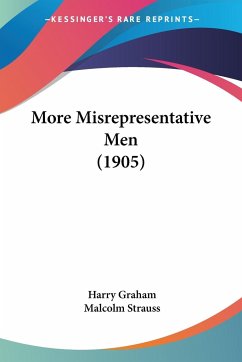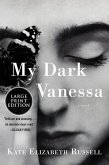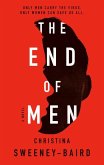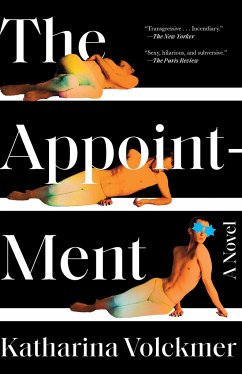More Misrepresentative Men is a book written by Harry Graham, published in 1905. The book is a collection of satirical and humorous sketches of various men from different walks of life, including politicians, businessmen, writers, and artists. Graham's writing style is witty and sharp, often poking fun at the absurdities and hypocrisies of his subjects. The book is a follow-up to Graham's earlier work, Misrepresentative Men, and is considered a classic of British humor. It offers a unique insight into the social and political climate of the early 20th century, and is sure to delight readers with its clever observations and clever wordplay.This scarce antiquarian book is a facsimile reprint of the old original and may contain some imperfections such as library marks and notations. Because we believe this work is culturally important, we have made it available as part of our commitment for protecting, preserving, and promoting the world's literature in affordable, high quality, modern editions, that are true to their original work.







